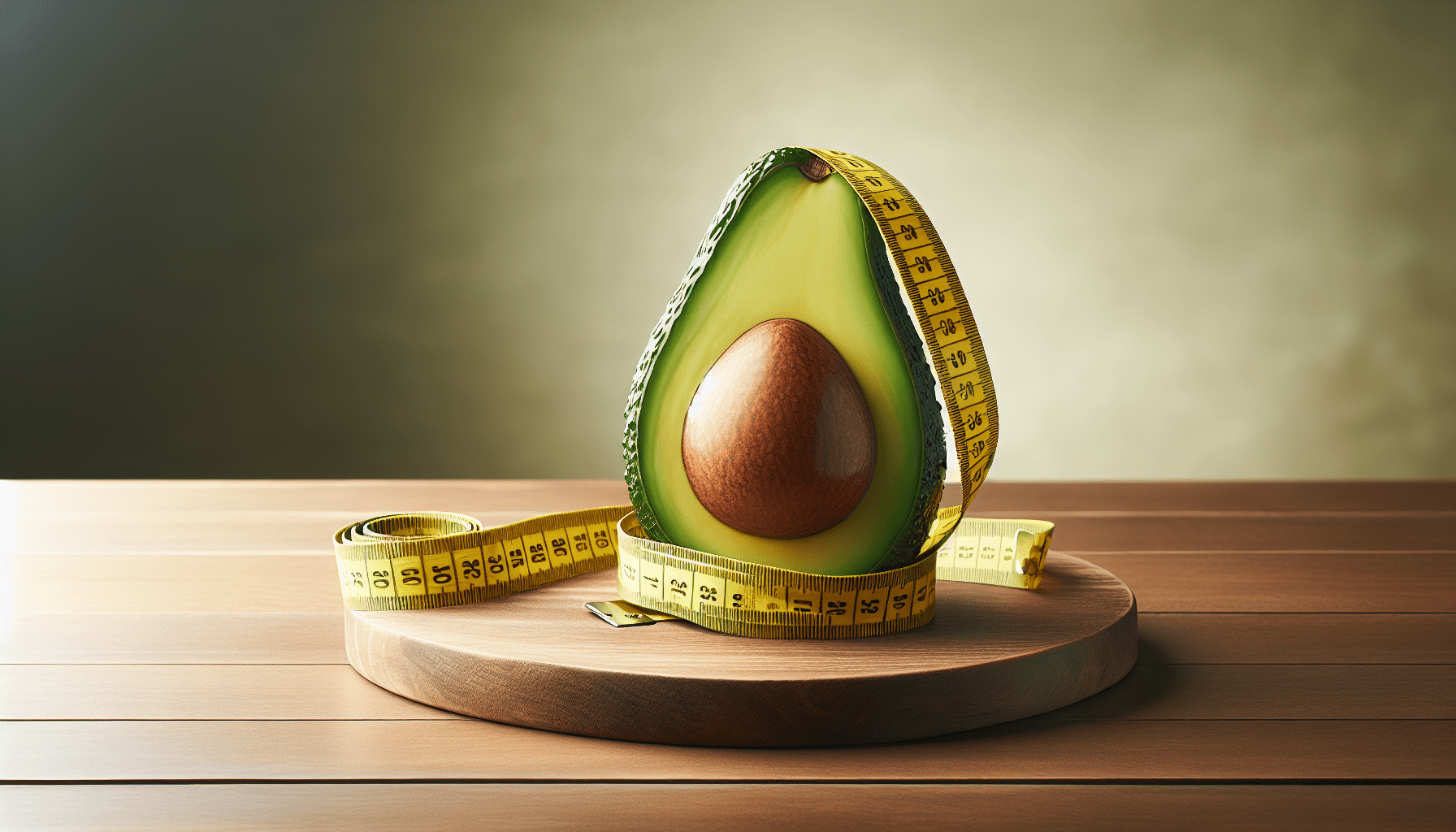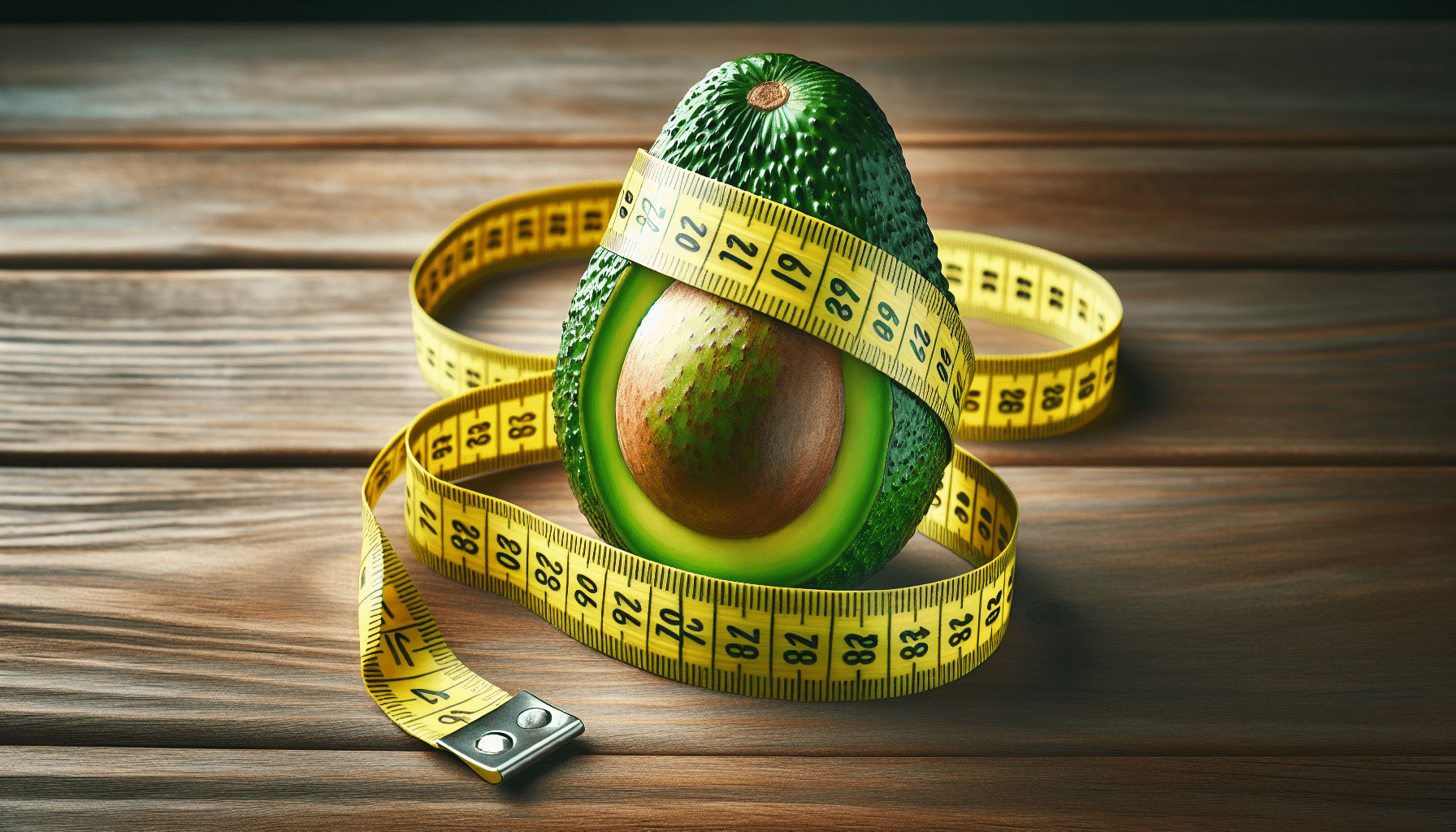Is keto the fastest way to lose belly fat? This question is on many minds, especially when trying to find a health regimen that works wonders for both energy levels and fat loss. Today, we’ll navigate through the intricacies of the ketogenic diet and its potential impact on belly fat reduction, aiming to present you with a friendly and informative take on everything you should know about this trendy diet.

Understanding the Keto Diet
What is the Keto Diet?
The ketogenic (or keto) diet is a low-carbohydrate, high-fat eating plan designed to prompt your body into a state known as ketosis. In ketosis, your body uses fat, rather than carbohydrates, as its primary fuel source. Imagine yourself running on a whole new, cleaner form of energy that utilizes your body’s fat stores.
How Does Keto Work?
To initiate ketosis, you need to significantly cut down on carbs and increase your fat intake. Typically, your macronutrient ratio might look something like this:
| Macronutrient | Percentage |
|---|---|
| Carbohydrates | 5-10% |
| Protein | 20-25% |
| Fat | 70-75% |
With carbs minimized and fats as the primary source of energy, your body turns to burning fat, producing molecules called ketones, which replace glucose as the body’s main energy source.
Keto Supplements: An Extra Kick
What Are Keto Supplements?
Keto supplements come in various forms, including exogenous ketones, MCT (medium-chain triglycerides) oil, and electrolytes. These supplements can help you achieve and maintain ketosis, providing an added layer of support on your keto journey.
| Supplement Type | Benefit |
|---|---|
| Exogenous Ketones | Boosts ketone levels in the blood |
| MCT Oil | Provides quick energy and supports ketosis |
| Electrolytes | Balances minerals and prevents keto flu |
Do They Really Work?
Keto supplements can indeed bolster your energy levels and assist in burning fat. For example, exogenous ketones can jump-start ketosis after a carb-heavy meal or during initial stages. MCT oil is rapidly converted into ketones, serving as an instant energy source, while electrolytes combat common keto flu symptoms like fatigue and headaches.
The Link Between Keto and Belly Fat Reduction
Why Belly Fat?
Belly fat or visceral fat is particularly stubborn and often associated with various health risks, including heart disease and type 2 diabetes. Targeting belly fat can potentially improve your overall well-being, making it a key focus for many.
Mechanisms of Fat Loss on Keto
When you’re on the keto diet, your body primarily uses fat for fuel, helping to reduce fat stores, including belly fat. Additionally, the keto diet may reduce insulin levels, a hormone that encourages fat storage, making it easier for your body to mobilize and burn fat.
Evidence Supporting Keto for Belly Fat
Numerous studies have indicated that the keto diet might be particularly effective for reducing belly fat compared to low-fat diets. One such study published in the journal Nutrition & Metabolism found that individuals on a ketogenic diet lost more belly fat than those on a conventional low-fat diet.
Practical Tips for Maximizing Keto Results
Choosing the Right Fats
If you aim to lose belly fat on the keto diet, focus on incorporating healthy fats into your meals. Think avocado, nuts, seeds, and olive oil. Avoid trans fats and highly processed foods that can undermine your health and weight loss goals.
Balancing Your Diet
While the keto diet emphasizes fats, don’t overlook the importance of a balanced intake of proteins and low-carb vegetables. Eating a variety of nutrient-dense foods will help ensure you’re getting essential vitamins and minerals.
Staying Hydrated
Hydration plays a crucial role in any diet, and keto is no exception. Drinking plenty of water aids digestion and can help you feel full, reducing the temptation to snack on off-limits foods.

Common Misconceptions About the Keto Diet
Myth 1: Keto is a High-Protein Diet
Some people mistakenly believe that the keto diet is high in protein, but it’s actually moderate in protein and high in fat. Consuming too much protein can interfere with ketosis, as excess protein can convert to glucose.
Myth 2: Only Meat Eaters Can Do Keto
While it’s true that meat is a popular food on the keto diet, vegetarians and vegans can also adopt a keto lifestyle. Plant-based fats and proteins, like tofu, tempeh, and coconut oil, can fit seamlessly into a keto diet.
Myth 3: Keto is a Quick Fix
Though the keto diet can lead to rapid weight loss, it’s crucial to view it as a lifestyle change rather than a quick fix. Sustainable weight loss and health benefits come from long-term adherence and balance.
Potential Side Effects and How to Manage Them
The Keto Flu
During the initial stages of the keto diet, you might experience symptoms such as headaches, fatigue, dizziness, and nausea—known as the keto flu. This happens as your body adapts to reduced carbohydrate intake.
| Symptom | Management Tip |
|---|---|
| Headaches | Stay hydrated and consume electrolytes |
| Fatigue | Ensure adequate sleep and rest |
| Dizziness | Increment carbohydrates slightly |
| Nausea | Eat balanced meals with healthy fats |
Long-Term Considerations
As with any restrictive diet, there are considerations to keep in mind. Nutrient deficiencies can occur, given the limited variety of food options on keto. Therefore, it’s essential to plan your meals carefully and possibly consult a nutritionist to tailor the diet to your needs and ensure you’re receiving a well-rounded intake of nutrients.
Is Keto Right for You?
Health Queries to Consider
Before starting the keto diet, it’s essential to evaluate your health and any underlying conditions. For individuals with diabetes, liver conditions, or eating disorders, the keto diet might not be suitable. Consulting a healthcare provider before embarking on the diet is advisable.
| Question | Consideration |
|---|---|
| Do you have any chronic illnesses? | Consult with a healthcare professional |
| Are you pregnant or breastfeeding? | Special dietary needs require professional guidance |
| What are your long-term health and weight goals? | Ensure the keto diet aligns with your lifestyle and aims |
Personal Preferences
Your personal preferences and lifestyle can also influence whether the keto diet is a good fit. Assess your willingness to commit to high fat, low-carb meals and whether this aligns with your food preferences and social habits.
Conclusion
So, is keto the fastest way to lose belly fat? It might be, depending on your individual circumstances and adherence to the diet. With a disciplined approach, the right supplements, and a well-rounded intake of healthy fats and nutrients, the keto diet can indeed be an effective tool for reducing belly fat and boosting energy levels.
However, like any diet, it isn’t a one-size-fits-all solution. Research, planning, and, ideally, consultation with a healthcare provider will help tailor the best approach for you. Remember, sustainable health is about balance, listening to your body, and making informed choices that align with your goals. Whether you decide to try keto or another diet, the path to reduced belly fat and increased energy lies in consistency and an informed approach to nutrition and health.





